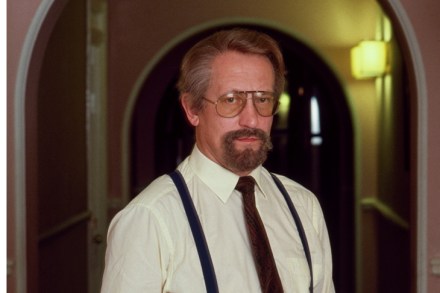Jay for Japan
Haruki Murakami’s Killing Commendatore was published in Japan in February last year. Early press releases for this English version hailed the book as ‘a tour de force of love and loneliness, war and art — as well as a loving homage to The Great Gatsby’. Anyone familiar with Murakami’s 17 preceding novels can vouch for love and loneliness as his great themes; and war, art and F. Scott Fitzgerald are not new to him, but in Commendatore all enrapture. The narrator, a man with no name struggling with his own art — and, concurrently and inseparably, the women he sleeps with — recalls Murakami’s earlier nameless narrators, all the way




















